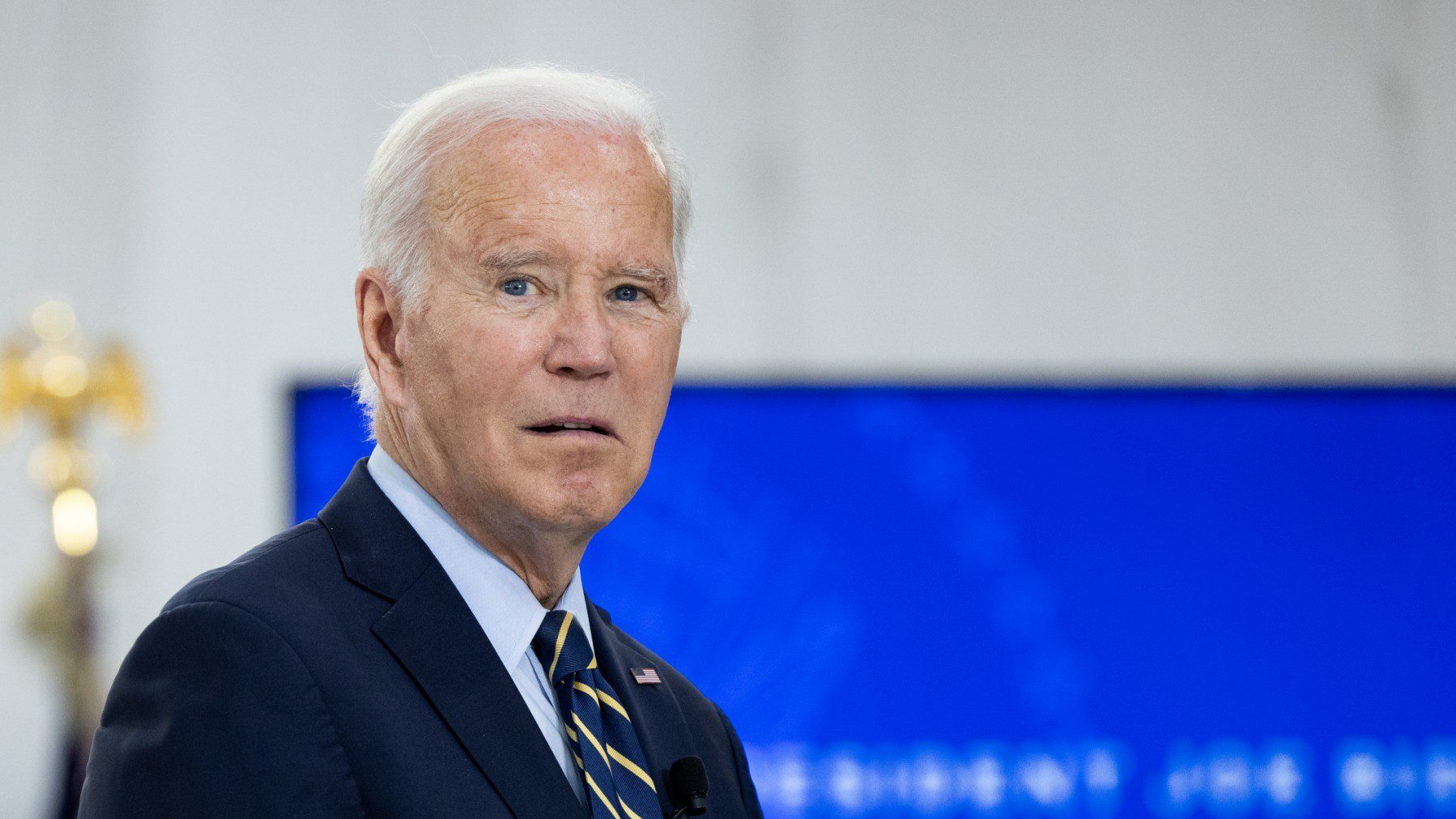No products in the cart.

Photo: JULIA NIKHINSON / AFP
At a fundraiser event for the Democratic Party in California on Wednesday, June 21st, U.S. President Joe Biden referred to Chinese President Xi Jinping as a “dictator.” Beijing has taken umbrage.
At the fundraiser, Biden referred to Xi’s “embarrassment” when a suspected Chinese spy balloon was blown off course over U.S. airspace early this year, and was later downed by U.S. aircraft. A planned visit by Secretary of State Antony Blinken to the country was subsequently postponed.
“The reason why Xi Jinping got very upset in terms of when I shot that balloon down with two box cars full of spy equipment in it was he didn’t know it was there,” Biden said. “That is a great embarrassment for dictators. When they did not know what happened. That was not supposed to be going where it was. It was blown off course,” he added. Beijing has always maintained the balloon was used for meteorological research.
Biden’s comment came at a highly inopportune time. Just the day before, after months of having gotten the cold shoulder from Beijing, his Secretary of State Antony Blinken had secured a meeting with Xi.
In their talk, Blinken appeared to have made inroads in achieving stabilization of relations with the rival superpower.
As recently as Monday, Biden said that U.S.-China relations were moving in the right direction as he indicated that progress had been made during Blinken’s trip.
Predictably, Beijing has not taken kindly to Biden’s seemingly unthinking remark.
Chinese Foreign Ministry spokeswoman Mao Ning told reporters on Wednesday, June 21st, that Biden’s remarks “go totally against facts and seriously violate diplomatic protocol, and severely infringe on China’s political dignity.”
“It is a blatant political provocation,” Mao added.
There is debate among political analysts as to what degree U.S.-China relations will be affected, if at all.
U.S. State Department deputy spokesman Vedant Patel, when asked if future visits by U.S. and Chinese officials are jeopardized, said Washington continued to expect these to happen “in due course, when the time is appropriate.”
“The president believes that diplomacy, including this recent trip undertaken by the Secretary [of State Antony Blinken] is a responsible way to manage tensions, clear up misperceptions, avoid miscalculations and all of this in our interests to do that,” Patel added. “That does not mean of course we will not be blunt and forthright about our differences.”
When asked whether he believed the progress made by Blinken had “faded” or been “wasted,” Patel replied: “Absolutely not at all.”
This is not the first time Biden has been less than tactful in his remarks about Xi. Back in 2020 while on the campaign trail, he called him a “thug,” who does not have a “democratic bone in his body.”
Just as with Xi, Biden has frequently disparaged Russian President Vladimir Putin. Well before the Russo-Ukrainian war kicked off, he had called him a “killer” and, after the war began, seemed to express a wish for regime change in Russia during last year’s speech in Poland, as he said the democratically elected leader “cannot remain in power.”
Comments such as these fit into the binary paradigm Biden uses to describe the current state of global politics—that of a coalition of democracies that are called upon to confront an assortment of autocracies, Russia and China in particular.
In a January 6th, 2022 speech commemorating the January 6th incident on the U.S. Capitol, he said:
Both at home and abroad, we’re engaged anew in a struggle between democracy and autocracy, between the aspirations of the many and the greed of the few, between the people’s right of self-determination and self—the self-seeking autocrat. From China to Russia and beyond, they’re betting that democracy’s days are numbered.